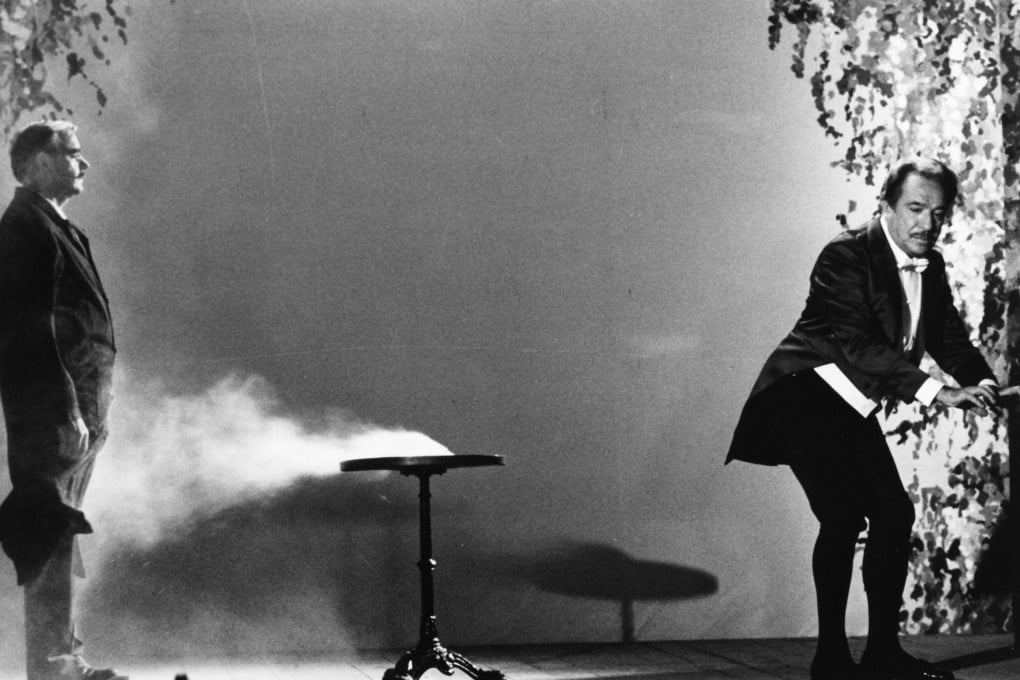Why we pass gas, what causes the dreaded sound, and the reason women have smellier flatulence than men
- Benjamin Franklin wrote an essay about the bodily function, while for the Yanomami tribe in the Amazon rainforest it is a form of greeting
- It is a natural part of daily life. But why do we do it? Here are all the facts

It’s time to own up to passing wind – because we all do it. Whether loud, silent or smelly (or silent and deadly-smelly), flatulence is a natural part of daily life.
But why do we do it? Why are some emissions smellier and louder than others? And why have they become such a source of shame in today’s society? Let’s get to the bottom of some of these secrets and suss out the facts on flatulence.
According to the UK’s National Health Service, the average person passes wind five to 15 times a day. Hong Kong-based Dr Paul Ng, a specialist in gastroenterology and hepatology, says it’s perfectly normal, adding: “It would be highly abnormal not to.”
Ng elaborates on the process: bacteria in our colon ferments undigested food and in doing so produces gas. People also constantly swallow air through actions such as breathing fast, chewing, and talking for a long time.
Burping and passing wind are ways of expelling all this gas, also known as flatulence. It is made up of several “ingredients”: oxygen, nitrogen, carbon dioxide, hydrogen, methane and hydrogen sulphide – and it is this last gas which gives our passed gas a more unpleasant odour.
